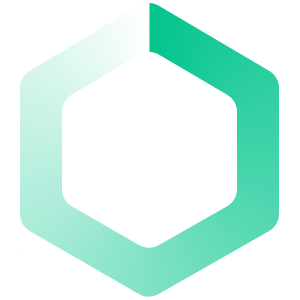
HR tech revolution guide
The ever-evolving landscape of HR technology has emerged as a transformative force, revolutionising how organisations manage their workforce. The HR Tech Revolution is reshaping traditional HR practices, offering innovative solutions that enhance efficiency, streamline processes, and elevate the employee experience. This article explores the impact of HR technology, its benefits, and how organisations can harness its potential to drive success.
The Evolution of HR Technology:
HR technology has evolved from basic payroll systems to sophisticated platforms encompassing recruitment, onboarding, performance management, employee engagement, and more. With the integration of artificial intelligence (AI), data analytics, and automation, HR tech has become a strategic tool that empowers HR professionals to make data-driven decisions and focus on strategic initiatives.
Benefits of HR Technology:
- Efficiency and Automation: HR technology automates repetitive tasks such as payroll processing, benefits administration, and compliance tracking, freeing HR teams to focus on strategic functions.
- Data-Driven Insights: Advanced analytics provide valuable insights into workforce trends, allowing HR to make informed decisions and optimise strategies.
- Enhanced Recruitment: AI-powered tools streamline recruitment, from candidate sourcing and assessment to automated interview scheduling.
- Engagement and Collaboration: HR tech fosters employee engagement through tools that facilitate real-time communication, feedback, and recognition.
- Personalised Learning: Learning management systems offer customised training and development opportunities, boosting employee growth.
- Performance Management: Technology enables continuous performance tracking, feedback, and goal setting, improving employee performance.
- Remote Work Enablement: Cloud-based solutions support remote work by providing access to HR processes and data from anywhere.
Critical HR Technology Solutions:
- Human Capital Management (HCM) Systems: Integrated platforms that manage HR processes such as payroll, benefits, and employee data in a unified system.
- Applicant Tracking Systems (ATS): Streamline recruitment by managing job postings, candidate screening, and interview scheduling.
- Learning Management Systems (LMS): Offer online training, courses, and resources to support employee development.
- Performance Management Tools: Enable ongoing feedback, goal tracking, and performance evaluations for improved employee growth.
- Employee Engagement Platforms: Facilitate communication, recognition, and surveys to gauge employee satisfaction.
- AI-Powered Analytics: Provide insights into workforce trends, turnover rates, and predictive analytics for more thoughtful decision-making.
Implementing HR Technology:
- Assess Needs: Identify your organisation’s HR challenges and needs to determine which technology solutions align with your goals.
- Integration Strategy: Choose technology that integrates seamlessly with existing systems to avoid data silos and enhance efficiency.
- Change Management: Communicate the benefits of HR tech to employees, ensuring they are comfortable with the new tools and processes.
- Training and Support: Provide comprehensive training and ongoing support to maximise user adoption and utilisation.
Conclusion:
The HR Tech Revolution redefines HR’s role in organisations by empowering professionals with tools to enhance efficiency, data-driven decision-making, and employee engagement. By embracing the right HR technology solutions, organisations can streamline processes, unlock actionable insights, and focus on strategic initiatives that drive growth. As technology evolves, organisations that leverage HR tech effectively will be well-positioned to navigate the complexities of the modern workforce and achieve long-term success.
